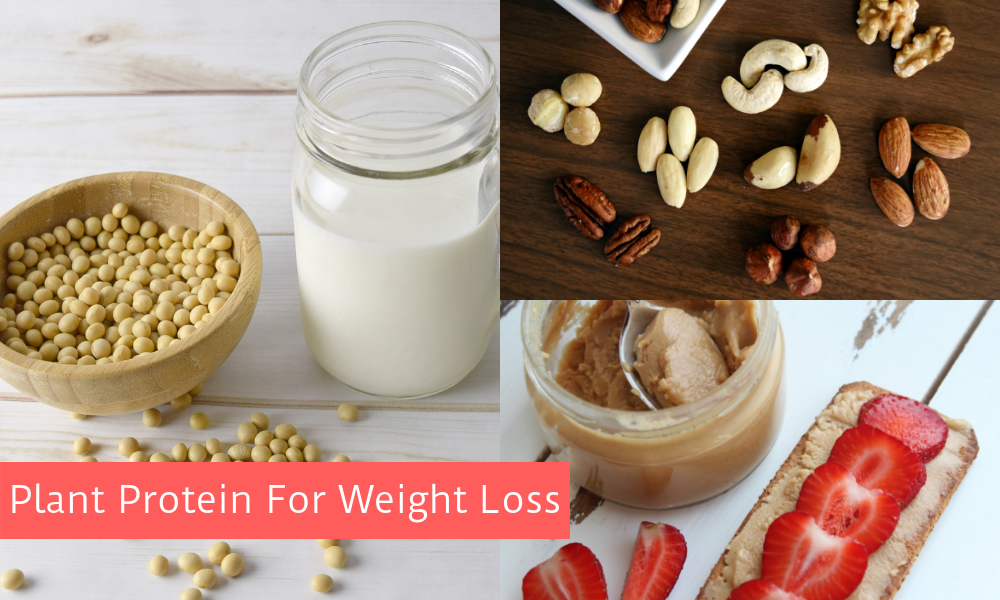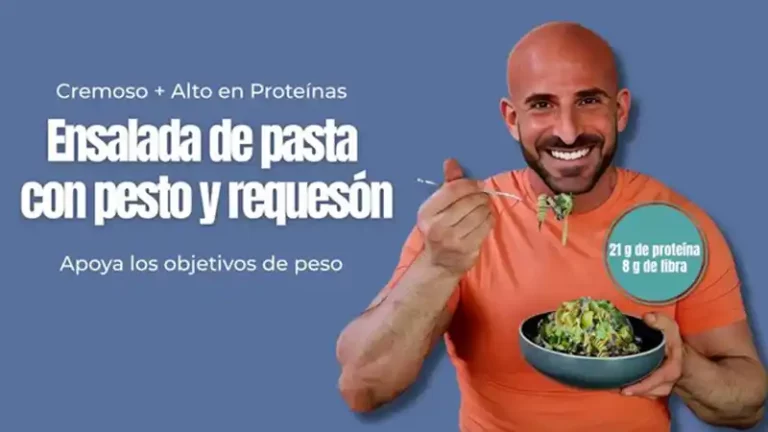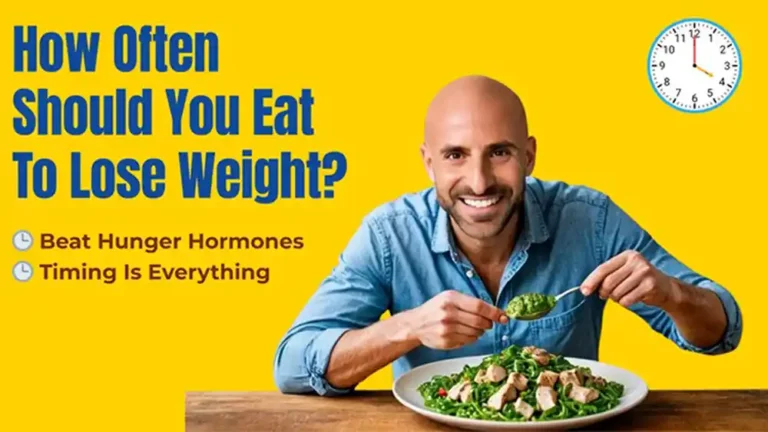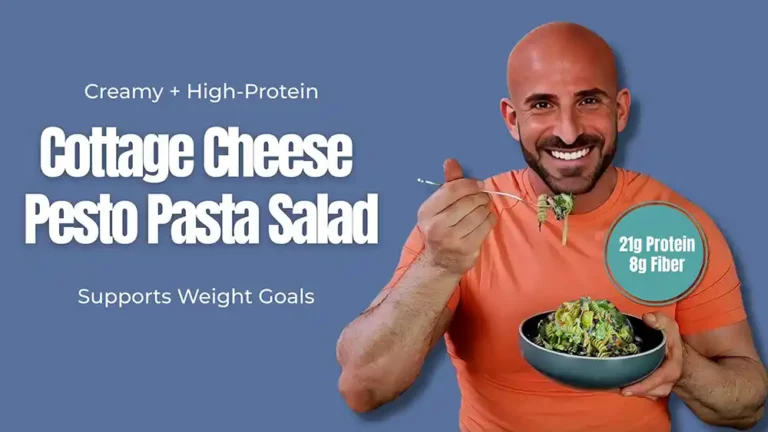Getting in enough protein is non-negotiable to ensure success if you are trying to lose weight. In fact, it’s one of the details in your diet change for weight loss that, if neglected, could mean a belly and feeling starved even if you are tracking your food down to the calorie. Finally, you are at a big risk of losing muscle mass which, not only is unhealthy, but drastically lowers your metabolism. Many people who diet to lose weight don’t think to increase their protein needs which is why, in reality, weight loss should be supervised by a healthcare professional such as a registered dietitian to ensure all of this macronutrient needs are being met for success.
Even meat eaters have trouble meeting their protein requirements, so for vegans and vegetarians, this goal of meeting protein needs is particularly demanding. So, if you fall under this category, you have to pay special attention to where you’re getting your protein from and how to get in enough without overshooting your calories.
Why is Protein Important for Weight Loss?
Protein needs skyrocket when one is trying to lose weight, they almost double if you can believe it. This is due to a number of factors. One is hunger control. Out of all of the macronutrients, protein is the most satiating which means that it keeps you fuller longer. This is why it is recommended to include 25-35 grams of protein in every meal, so that you can stay satisfied until your next meal and reduce cravings and overeating. Another factor affecting protein needs is metabolism. People who want to lose weight have to be in a calorie deficit which usually means loss of both fat and muscle as weight drops. Unfortunately, as you lose muscle, your metabolism drops as well. However, if you are meeting your protein requirements, you are able to maintain your muscles and keep your metabolism burning strong enough for weight loss.
Barriers for Vegans and Vegetarians
Whether you’re a lifelong vegan/vegetarian or just someone who is going plant-based for health or weight reasons, you likely aren’t meeting your protein needs. To put it in perspective, quinoa and beans are considered some of the best sources of plant protein. However, 1 cup of quinoa has 8 grams of protein (high in protein for a grain) which means if you were to use quinoa as your sole protein source in a meal, you’d have to eat 3 cups to meet the minimum 25 gram requirement. This would also mean consuming 700 calories in quinoa which doesn’t even count the rest of your meal. In addition, you’d have to eat 350 calories in black beans and 600 calories in nuts/nut butters to meet the same protein requirements per meal. As you might imagine, not only would eating 3 cups of quinoa in one meal not make for the most pleasant dining experiences, but it would be incredibly difficult to lose weight when consuming so many calories in a single meal.
So, What Can You Do?
Right about now, it may seem almost impossible to try to both stay in a calorie deficit for weight loss and meet protein requirements for weight loss if you are a vegan or vegetarian. This is why supplementing can make things simpler. One example is having your protein-rich plant sources like quinoa and legumes in reasonable portions and then having a protein shake (made from rice, pea or soy protein powder) made with water on the side to supplement in order to meet your 30 gram requirement per meal. Since protein powders are typically isolated, meaning they don’t have a significant amount of carbs and fat, you can help meet your protein needs without going over on calories. That’s why when choosing a plant-based protein powder, you should make sure they are about 100-120 calories per serving. As a final note, this supplementation may only be necessary while you are trying to lose weight and your protein needs are higher,.
The bottom line? A vegan or vegetarian diet can be a wonderful tool for weight loss. Not only do they help you get in some antioxidants and key nutrients, like fiber and fat-soluble vitamins, even in a calorie deficit, but fruits and vegetables also tend to be low in calories. However, if you are not meeting your protein needs, you will find yourself hitting walls on your weight loss journey. That’s why people who follow a vegan or vegetarian diet can find that supplementing with protein powders can be helpful to meet your goals.






